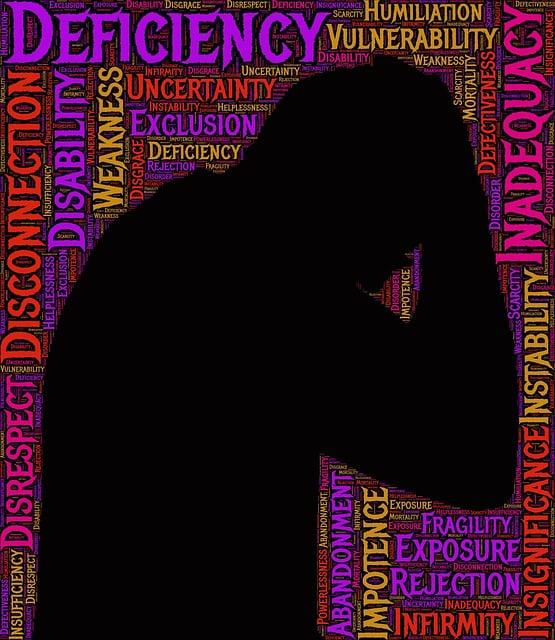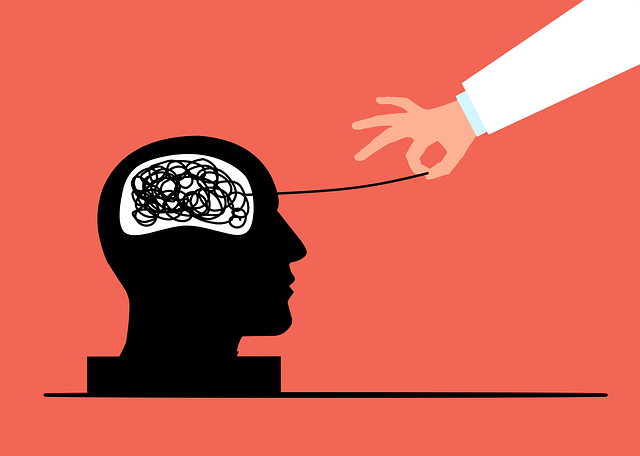Burnout among healthcare providers treating young children with depression is a critical issue, impacting both provider well-being and patient care. Early recognition of burnout symptoms, such as detachment and reduced performance, is essential. Strategies to combat burnout include building strong, trusting relationships through empathy, mental health education programs, and evidence-based therapy techniques like cognitive-behavioral therapy (CBT). Creating healthy work environments with policies supporting well-being, access to mental health resources, and conflict resolution techniques further reduces burnout. Self-care, including physical and emotional wellness practices, along with professional support, plays a crucial role in preventing burnout among healthcare professionals working with young children facing depression.
- Understanding Burnout: Recognizing Signs in Healthcare Providers
- The Impact of Burnout on Pediatric Care and Depression
- Evidence-Based Strategies for Preventing Burnout Among Young Children's Therapists
- Creating Supportive Work Environments to Enhance Well-being
- Self-Care Practices for Healthcare Professionals: A Comprehensive Approach
Understanding Burnout: Recognizing Signs in Healthcare Providers

Burnout among healthcare providers is a growing concern, impacting not only their well-being but also patient care. Recognizing burnout early is crucial for effective intervention. Healthcare providers often exhibit signs of stress and exhaustion when they feel detached from their work, experience reduced performance, or notice changes in their attitudes towards patients and colleagues. Common indicators include increased irritability, insomnia, and a decline in the quality of patient interactions.
In the case of young children suffering from depression, early identification of burnout in healthcare professionals is vital. Therapy for young children with mental health issues requires empathy and patience. Building strong relationships based on trust and understanding is essential. Strategies that focus on inner strength development and empathy-building can help healthcare providers sustain their commitment and maintain a positive attitude while caring for vulnerable patients. Mental health education programs designed to equip professionals with the necessary tools to recognize and address burnout are key to preventing this issue in the long term.
The Impact of Burnout on Pediatric Care and Depression

Burnout among healthcare providers can have significant repercussions for pediatric care. When doctors and nurses experience chronic stress and emotional exhaustion, their ability to provide quality care to young patients is compromised. This can lead to adverse outcomes for children, as their sensitive and developing minds require specialized attention and empathy from caregivers. Burnout rates are particularly high in pediatric settings due to the demanding nature of the work, which often involves long hours, emotionally challenging cases, and the need for continuous learning and adaptation.
Additionally, burnout is closely linked to depression, a condition that can severely impact children if not addressed. Depression in healthcare providers can manifest as apathy towards patients, difficulty concentrating, and increased irritability, all of which may affect their ability to connect with young patients and deliver effective therapy for mood management. Promoting emotional healing processes through strategies such as positive thinking, self-care, and access to support networks is crucial in preventing burnout and ensuring the well-being of both providers and the children they serve, ultimately enhancing the quality of pediatric care.
Evidence-Based Strategies for Preventing Burnout Among Young Children's Therapists

Preventing burnout among young children’s therapists is a critical aspect of ensuring effective therapy and positive outcomes for young patients. Several evidence-based strategies have proven successful in combating the risks of burnout, especially when implementing tailored interventions early on. One key approach involves integrating confidence-boosting activities into therapy sessions. By encouraging and nurturing self-assurance, therapists can reduce the emotional exhaustion often associated with working with children battling depression.
Social skills training is another powerful tool. Teaching young patients effective communication and interaction techniques not only enhances their overall well-being but also reduces the stress and isolation that can contribute to burnout. Additionally, implementing mood management strategies, such as cognitive-behavioral therapy (CBT), equips therapists with valuable tools to help children regulate their emotions, fostering a more positive therapeutic environment and mitigating potential burnout triggers.
Creating Supportive Work Environments to Enhance Well-being

Creating supportive work environments is a vital component of burnout prevention strategies for healthcare providers. Organizations can foster well-being by implementing policies that promote reasonable workloads, flexible schedules, and clear boundaries between professional and personal life. This includes providing access to mental health resources, such as therapy for young children with depression, and encouraging open communication about stress and workload management. A culture that values employee well-being is key to preventing burnout.
Furthermore, resolving conflicts through constructive dialogue and effective communication techniques can significantly enhance work satisfaction. Conflict resolution techniques, integrated into organizational culture, enable healthcare providers to navigate challenges collaboratively, reducing the negative impact on mental health. In conjunction with robust mental health policies and advocacy, as seen in Mental Health Policy Analysis and Advocacy, these strategies contribute to a healthier, more supportive work environment.
Self-Care Practices for Healthcare Professionals: A Comprehensive Approach

Self-care practices are essential components of burnout prevention for healthcare professionals, especially those working with young children and navigating the challenges of mental health. A comprehensive approach to self-care involves a holistic combination of physical, emotional, and mental wellness strategies. This includes regular exercise, adequate sleep, and proper nutrition, which form the foundation for overall health. Additionally, engaging in stress-reduction techniques such as mindfulness meditation, deep breathing exercises, or yoga can help healthcare providers maintain their mental balance.
Beyond individual practices, accessing professional support is vital. Mental wellness coaching programs offer valuable guidance tailored to the unique demands of healthcare work. These programs encourage self-reflection and provide tools for managing workload and stress effectively. Social skills training, another important aspect, equips professionals with communication strategies to foster healthy relationships with colleagues and clients, further enhancing their resilience in high-pressure environments. Regular risk assessments for mental health professionals are also crucial to identify potential burnout triggers and implement preventative measures early on.
Healthcare provider burnout is a pressing issue, particularly in pediatric care, where it can exacerbate depression among therapists. Understanding burnout signs and implementing evidence-based strategies are crucial steps towards creating supportive work environments. By fostering self-care practices and prioritizing well-being, we can prevent burnout and enhance the quality of therapy for young children suffering from depression, ultimately ensuring a healthier and more sustainable workforce.













